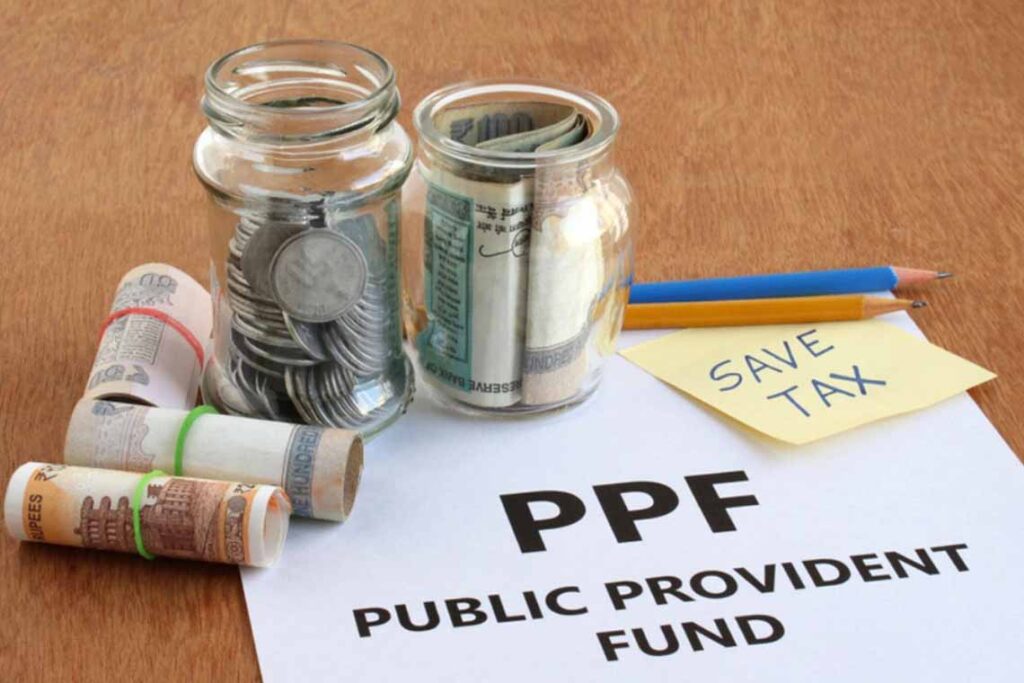An Association of Persons (AOP), whether incorporated or not, is treated as a `person` under section 2(31) of the Income-tax Act, 1961. Hence, AOP is treated as a separate entity for the purpose of assessment under the Income-tax Act. Here it is important to note that an AOP shall be deemed to be a person, whether or not, they were formed or established or incorporated with the object of deriving income, profits or gains. Trust created wholly for charitable or religious purposes are allowed various benefits under the Income Tax Act, inter-alia, exemption u/s 11. Every thing mentioned herein shall also apply to a Body of Individuals (BOI).
Taxation of Association of Persons
The imposition of tax on Association of Persons (AOP) occurs majorly in two phases. One at the AOP level and the other at the members` level. At the first level, taxation of income depends on whether the share of income is determinate or not.
Share Determined – Income assessment
Table
| AOP – assessed | Member – assessed |
But if total income of any member of AOP / BOI is taxable at a rate higher than Maximum Marginal Rate, then income of AOP / BOI shall be chargeable to tax as follows:
|
|
Share Undetermined – Income assessment
Table
| AOP – assessed | Member – assessed |
| Income is assessed at Maximum Marginal Rate. However, if total income of any member is assessed at a rate higher than Maximum Marginal Rate, income of AOP / BOI is assessed at that higher rate | The share of income is exempt in the hands of the member |
Surcharge is levied on the amount of income tax at following rates if total income exceeds specified limits:
- 10% – Taxable income above Rs. 50 lakh – Up to Rs. 10 crore
- 15% – Taxable income above Rs. 1 crore – Up to Rs. 2 crore
- 25% – Taxable income above Rs. 2 crore – Up to Rs. 5 crore
- 37% – If taxable income above Rs. 5 crore
- Maximum Surcharge on income u/s 111A, 112, 112A and Dividend is 15%
- Maximum Surcharge on AOP with all members as a company is 15%
The total income of an AOP is taxable, either at the rates applicable:
- To an individual.
- At the maximum marginal rate.
- At the rate that is higher than the applicable maximum marginal rate.
Computation of Taxable Income of AOP
- Computation of total income in the case of an association of persons will be done in the same manner as in the case of any other assessee.
- In computing the total income, interest, salary, bonus, commission, remuneration, by whatever name called, paid to members will not be allowed Section 40(ba). However, in the case of payment of interest the following provisions will apply:
- Explanation 1: If interest is paid by an AOP to any member who has also paid interest to the AOPs then only that amount of interest paid by the AOPs will be disallowed in its assessment which is in excess of the interest paid by the member to the AOPs i.e., net interest shall be disallowed.
- Explanation 2: If an individual is a member of an AOPs in a representative capacity, on behalf of or for the benefit of another person, then interest paid by the AOPs to such individual in his personal capacity will not be taken into account for the purpose of disallowance.
ITR Forms-
A office are required to file the return inform ITR-5. However, a person who is required to file the Return of Income u/s 139(4A) or 139(4B) or 139(4D) shall not use this form, they shall file their return in Form ITR-7.
Conclusion
The taxation of AOPs is a complex process that involves various factors such as the determination of shares, computation of taxable income, and the application of tax rates. It is crucial to understand these aspects to ensure compliance with the Income-tax Act, 1961.












